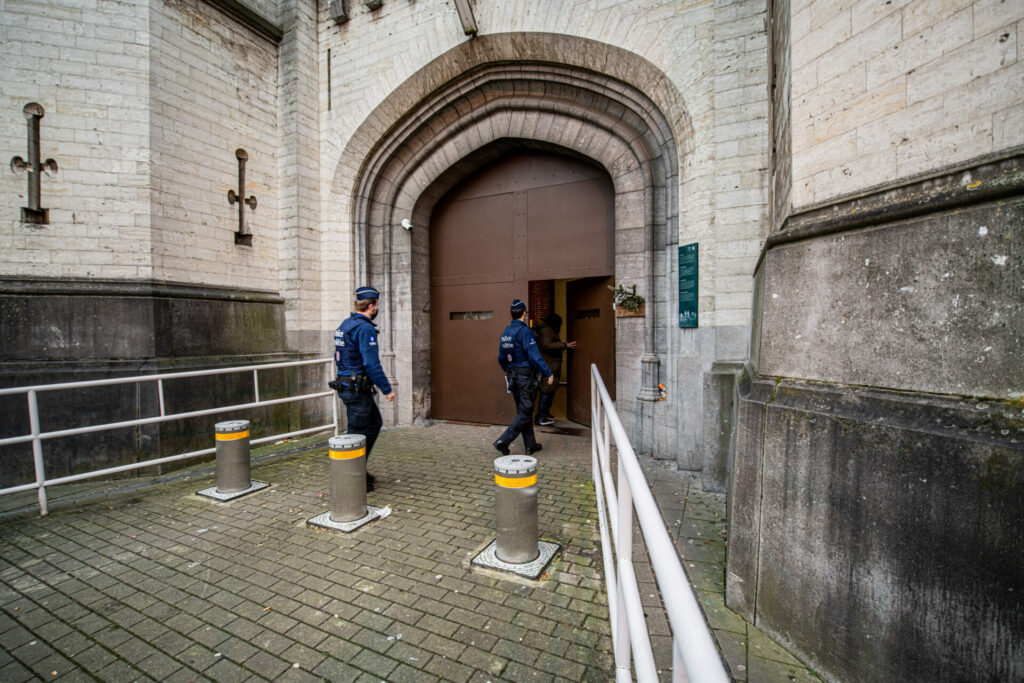Belgium is putting people in prison faster and more often according to a new study quoted in Le Soir on Monday.
From 529 inmates in 2018, there were 820 inmates in November 2022 and 948 a year later. The study, initiated by the former president of the Mons Chamber of Social Protection (CPS), is co-authored by Olivia Nederlandt, a professor at UCLouvain Saint-Louis Bruxelles, and eight lawyers specialising in this field.
They analysed the cases opened in 2019 and 2020 in the three French-speaking CPSs (which are responsible for implementing internment decisions), i.e. 115 cases leading to internment in Liège, the same number in Mons and 107 in Brussels.
The 'typical prisoner' is a Belgian in his forties with at least one criminal record. And it is generally not a magistrate who decides to commit them: almost two-thirds of decisions are taken by an investigating court, i.e. the council chamber (55%) or the indictment chamber (12%).
Psychiatric assessments raise many questions. Because of the crying shortage of forensic psychiatrists in Belgium, very few share these tasks: in the 329 files that mention their identity, the authors note only ten principal experts.
According to the authors of the study, the quality of these experts' reports were "uneven".

